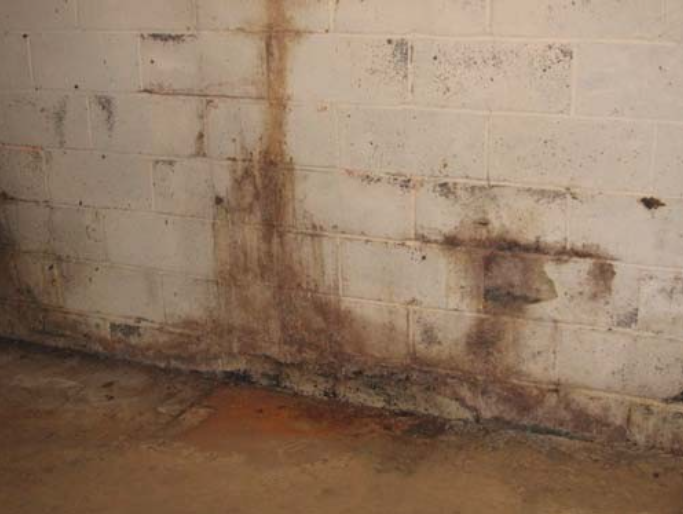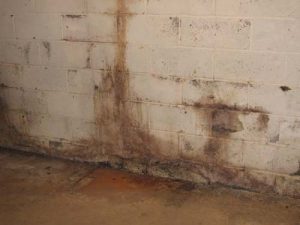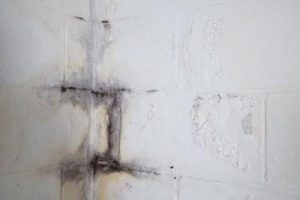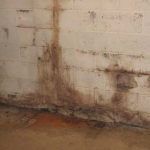When and Why You Should Have Your Basement Inspected for Leaks
Your basement is a fundamental part of your home, often serving as storage, living space, or even a foundational support structure. However, it is also a vulnerable area prone to water infiltration and leaks. Ignoring potential basement leaks can lead to severe damage, costly repairs, and even health hazards. In this article, we will discuss when and why you should have your basement inspected for leaks, ensuring that your living space remains safe, dry, and secure.
The Perils of Basement Leaks
Basement leaks are not just a minor inconvenience; they can lead to a cascade of problems if left unattended. Some of the consequences of basement leaks include:
1. Structural Damage
Water intrusion can weaken the structural integrity of your home. It can cause cracks in the foundation, damage support beams, and lead to sagging floors. In severe cases, structural damage can jeopardize the safety of your home.
2. Mold and Mildew
A damp basement is an ideal breeding ground for mold and mildew. These organisms thrive in moist environments and can release spores into the air, leading to health issues like allergies, respiratory problems, and other ailments.
3. Decreased Property Value
A home with a history of water damage or recurring basement leaks typically has a lower property value. Prospective buyers are often wary of hidden moisture issues, which can make it harder to sell your home or lead to a lower selling price.
4. Health Risks
Long-term exposure to damp conditions can pose health risks. Mold, mildew, and airborne contaminants in a damp basement can lead to respiratory issues, skin problems, and other health concerns.
The Right Time for Inspection
It’s essential to be proactive and vigilant when it comes to basement leaks. However, you may be wondering, “When is the right time to have my basement inspected for leaks?” Here are some key occasions:
1. Before Buying a Home
If you are in the process of purchasing a new home, a thorough inspection of the basement is a must. A professional inspection can reveal any existing or potential issues, giving you a clear picture of what you are getting into.
2. After Heavy Rain or Flooding
After heavy rainfall, storms, or any significant weather event, it’s a good idea to inspect your basement. These events can put additional strain on your home’s waterproofing systems, potentially causing leaks.
3. Seasonal Inspections
Performing regular, seasonal inspections is an excellent preventative measure. Checking your basement in the spring and fall, for example, can help you identify any emerging issues before they worsen.
4. When You Smell or See Mold
If you notice a musty odor or see visible signs of mold or mildew in your basement, it’s a clear indication that water infiltration is a problem. An immediate inspection is necessary.
5. Before Renovations
If you’re planning to renovate your basement or make any structural changes to your home, it’s wise to inspect the area first. This ensures that you address any existing leaks or potential vulnerabilities before investing in improvements.
Signs of Basement Leaks
Before deciding to schedule a basement inspection, it’s helpful to know the signs of potential leaks. These indicators can give you a preliminary understanding of the issue. Common signs of basement leaks include:
1. Damp or Musty Odor
A persistent, musty smell is often the first indication of a damp basement. The odor results from the growth of mold and mildew in a moist environment.
2. Visible Stains and Watermarks
Watermarks or discoloration on walls or floors can suggest past or ongoing water infiltration. These stains may vary in size and color but indicate a problem.
3. Mold and Mildew Growth
Visible mold or mildew growth on surfaces in your basement, such as walls, floors, or ceiling tiles, is a clear sign of moisture issues.
4. Cracks and Holes
Small cracks or holes in the walls or foundation can be pathways for water to enter. Inspect for these vulnerabilities and address them promptly.
5. Puddles or Standing Water
The presence of puddles or standing water in your basement is an unmistakable sign of a leak or poor drainage.
6. Peeling Paint or Wallpaper
If you notice peeling paint or wallpaper in your basement, it may indicate that water has penetrated the underlying surfaces.
The Importance of Professional Inspections
While a visual inspection can provide some insights, a professional inspection is essential to comprehensively assess the state of your basement and its vulnerability to leaks. Here’s why professional inspections are critical:
1. Trained Expertise
Professional inspectors have the training and expertise to identify subtle signs of leaks and moisture issues that may not be evident to an untrained eye.
2. Specialized Tools
Inspectors use specialized tools, such as moisture meters and thermal imaging devices, to detect hidden water infiltration and identify the source of the problem.
3. Comprehensive Assessment
Professional inspections include a thorough assessment of your basement’s structure, foundation, walls, floors, and waterproofing systems. They provide a holistic view of the situation.
4. Customized Recommendations
Inspectors can provide customized recommendations based on your specific circumstances. They can advise you on the most appropriate solutions and repairs.
5. Peace of Mind
Professional inspections offer peace of mind. Knowing that your home has been thoroughly assessed by an expert can relieve the stress and uncertainty associated with potential basement leaks.
Preventative Measures
While inspections are essential for diagnosing and addressing basement leaks, it’s also crucial to take preventive measures to minimize the risk of future leaks. Here are some key steps to consider:
1. Maintain Your Gutters and Downspouts
Ensure that your gutters and downspouts are clear of debris and properly channel rainwater away from your home’s foundation. Proper drainage can prevent water from infiltrating your basement.
2. Seal Foundation Cracks
If you notice any cracks in your foundation, it’s essential to seal them promptly. Cracks can be pathways for water to enter your basement.
3. Install a Sump Pump
A sump pump can effectively manage excess water in your basement, preventing flooding and water damage. Regularly check your sump pump to ensure it is in working order.
4. Improve Exterior Grading
The grading around your home should slope away from the foundation. Proper grading directs rainwater away from the house, reducing the risk of water infiltration.
5. Install Exterior Waterproofing
Consider exterior waterproofing to create a barrier against water intrusion. This method can help protect your foundation and basement from moisture.
Your basement is more than just a storage area or foundation; it’s a crucial part of your home that needs to be protected from water infiltration and leaks. Ignoring basement leaks can lead to structural damage, mold growth, and health risks, ultimately affecting your property value and peace of mind.
Knowing when to have your basement inspected for leaks, understanding the signs of leaks, and the importance of professional inspections are key to safeguarding your living space. Whether you’re buying a new home, dealing with post-storm concerns, or planning a renovation, taking the time to inspect your basement and address any issues promptly will ensure that your basement remains dry, safe, and secure for years to come.
Contact the Professionals at Budget Dry Waterproofing Today! 203-421-8560




























